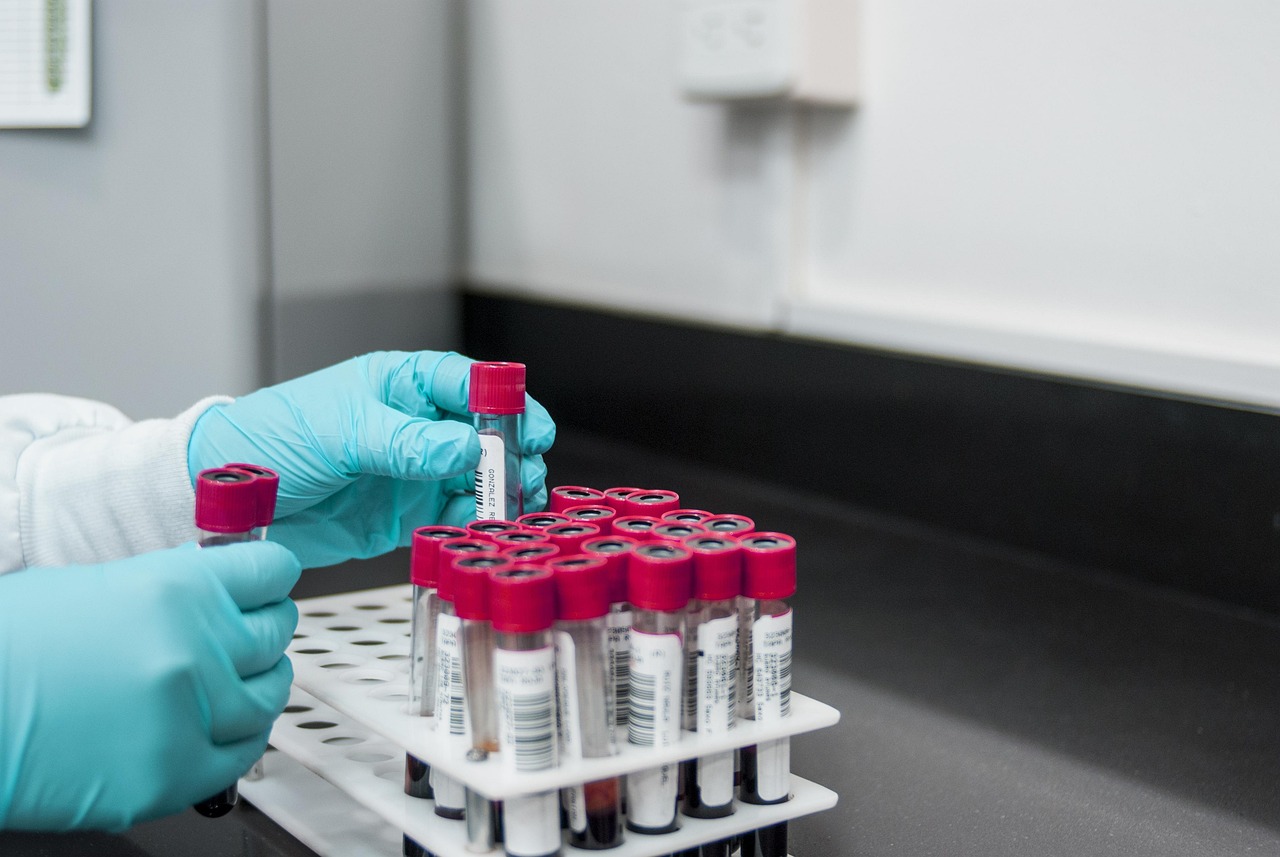How a Quick Blood Draw Is Replacing Painful Procedures, Reducing Scanxiety, and Delivering Faster Answers for Patients
For cancer survivors, the years following treatment are often defined by persistent fear. Follow-up monitoring under the old system demanded physical trauma: patients endured painful needle or surgical biopsies, which brought risks of infection and weeks of recovery time. This cycle of waiting and pain actively created "scanxiety," a debilitating psychological stress that halted the patient’s quality of life.
This system failed patients not just through pain, but through unacceptable delays. Traditional tissue sampling often took weeks to process, a dangerous timeline in aggressive diseases. A study called “Implementation of Liquid Biopsy in Non-Small-Cell Lung Cancer: An Ontario Perspective” reported a median turnaround time of 36.5 days for critical test results. This crippling delay risked the patient’s life, as clinical deterioration increased without rapid, personalized treatment.
The Simple Swap: Innovation as a Cure for Trauma
The solution to this crisis is the liquid biopsy, which does analysis of tumor-derived material found in a simple blood sample. This breakthrough replaces the risky, invasive procedure with a non-invasive blood draw, presenting minimal procedural risk.
This technology is a dynamic molecular surveillance system. It works by collecting circulating tumour DNA (ctDNA), which are microscopic genetic fragments shed by cancer cells into the bloodstream. Analyzing these fragments transforms a routine blood sample into a real-time snapshot of the tumor’s health.
The emotional relief is profound. Canadian Cancer Society (CCS) advocate Jennifer Coish speaks directly to this change: "The idea of a painless liquid biopsy with zero downtime for healing and zero chance of infection or complications would be a game changer for so many patients," she declares.
However, liquid biopsy is not yet a universal replacement for all diagnostic needs. In Canada's publicly funded system, it often serves as a rapid adjunct test, primarily utilized when tissue is insufficient for full testing or when the timeliness of results is critical to prevent patient deterioration.
Speed, Precision, and the Team Canada Strategy
The speed of the liquid biopsy is revolutionary because it directly targets and cures scanxiety. Canadian hospitals using rapid, in-house testing report results in a median of just three business days, with some delivering critical answers in as little as one day. Patients move from weeks of paralyzing fear to informed action in mere days.
Precision is the other triumph. The test can detect "molecular disease", in particular cancer traces too small for traditional scans to see. This ability to detect Minimal Residual Disease (MRD) allows doctors to intervene proactively. It fulfills the core promise of personalized medicine: treating the patient before the cancer progresses.
Scaling this life-saving technology across Canada is the mission of the "Team Canada" strategy, championed by the Canadian Cancer Society (CCS) and powered by the Marathon of Hope Cancer Centres Network (MOHCCN).
This national collaboration is designed to overcome Canada's major health barrier: provincial fragmentation. The MOHCCN unifies top researchers and mandates common protocols for liquid biopsies across all partnering sites.
This ensures that a high-tech breakthrough discovered in one province can instantly and reliably benefit a patient in any partnering clinic. The strategy guarantees equal, rapid access to molecular answers, fulfilling the promise of personalized medicine regardless of a patient's address.
The MOHCCN ensures this innovation reaches everyone. Since the liquid biopsy only requires a blood draw, it immediately improves access for patients in remote or rural communities where specialty surgical procedures are not available.
Other organizations are also advancing liquid biopsy research in Canada. For instance, Ovarian Cancer Canada is supporting the development of mDETECTov, a blood test that identifies DNA changes specific to ovarian cancer.
The future of cancer monitoring is no longer about enduring the wait. It is about demanding the answer. The molecular revolution ensures that every survivor has the chance to replace fear with fast-acting hope.
About the Writer: Kaloyan Krastnikov is a student at the University of Toronto. With a foundation in science and philosophy, he brings an analytical yet human perspective to storytelling. Kaloyan writes where rigorous thought meets lived feeling. With an approach that values clarity as much as curiosity, he transforms ideas about medical innovation and discovery into stories that illuminate, question, and console. In his free time he reads widely, tinkers with small data projects, and escapes into guitar playing and experimental cooking.





